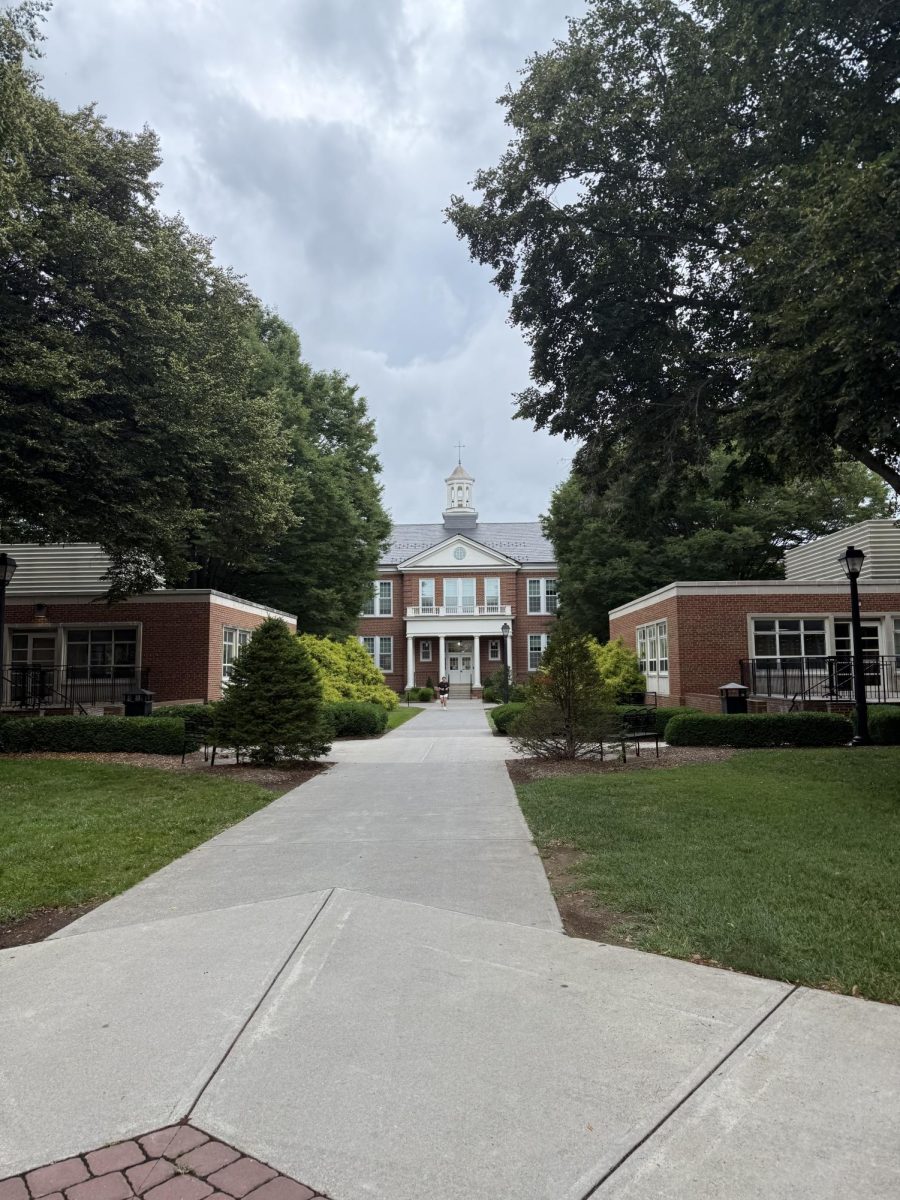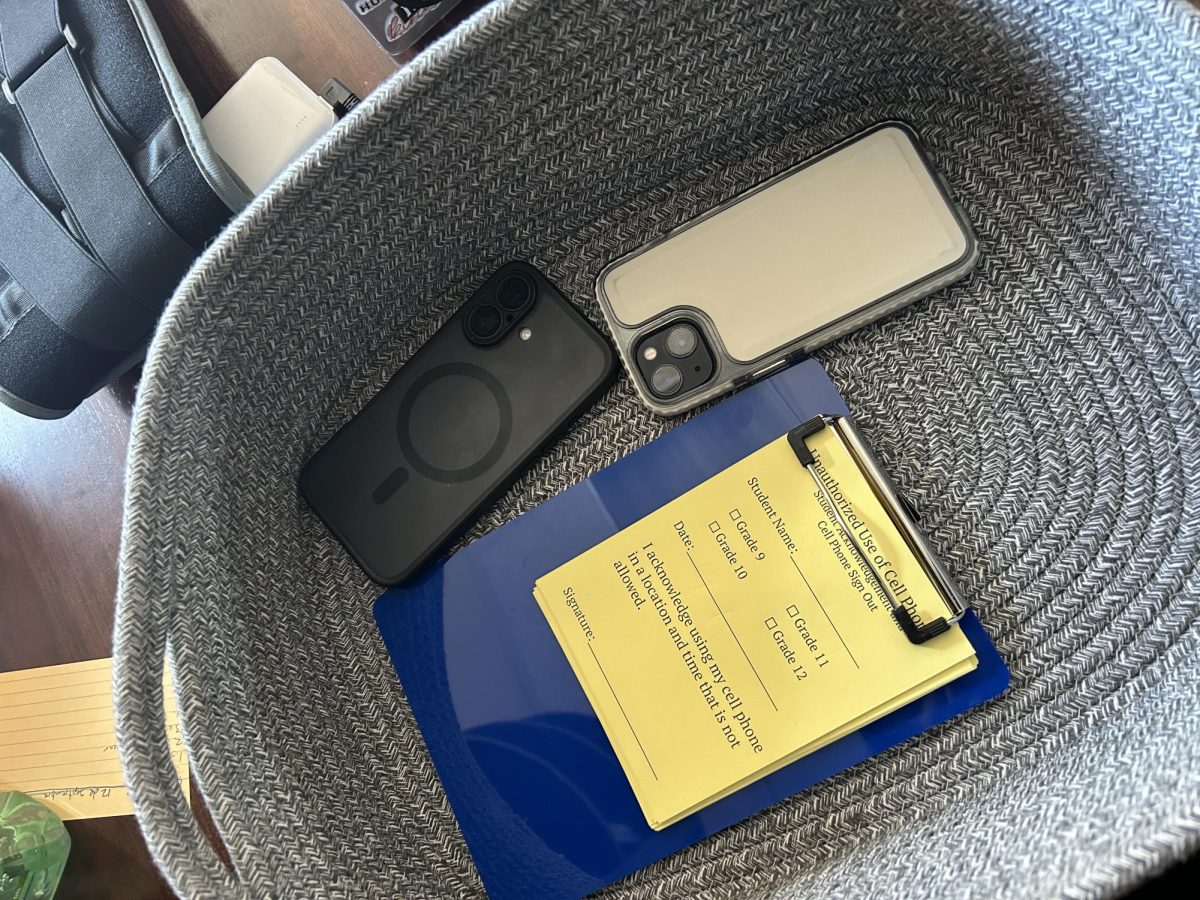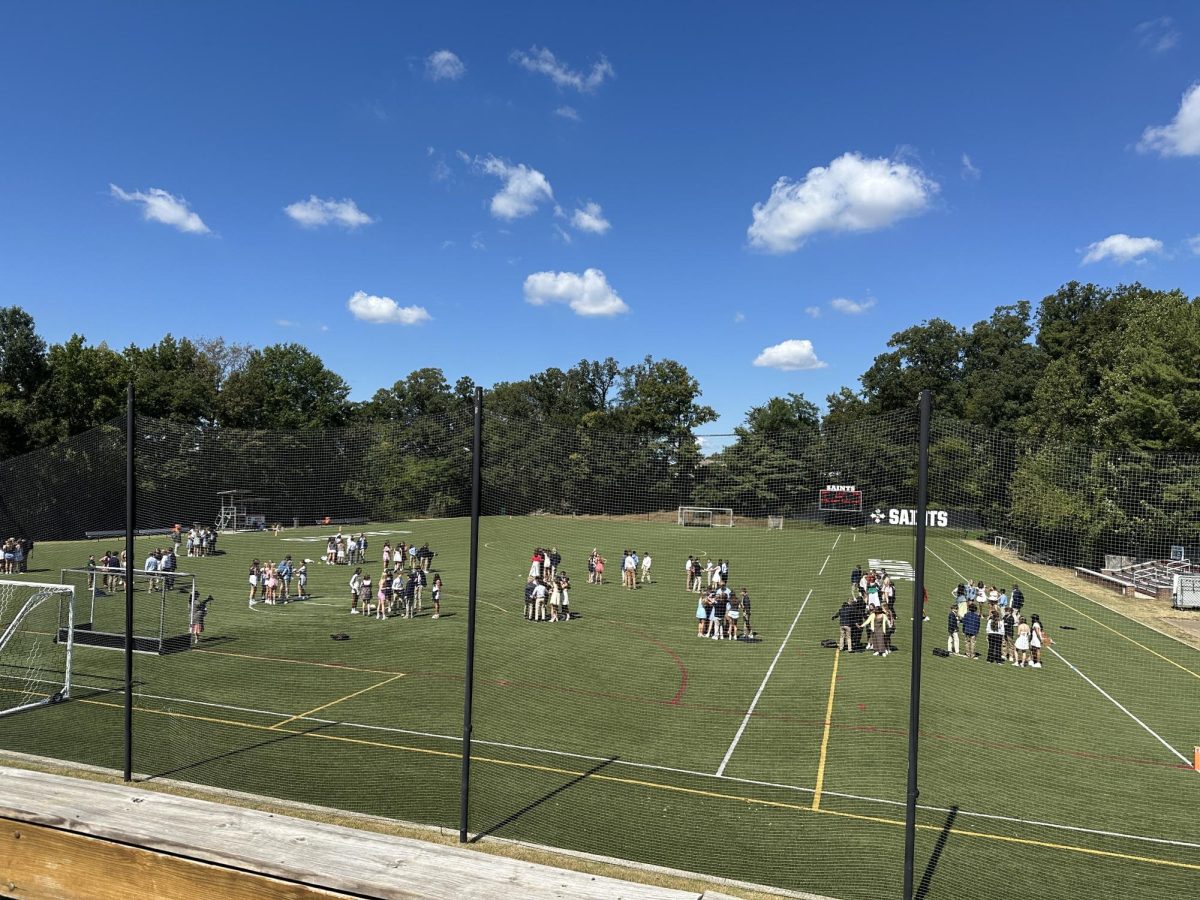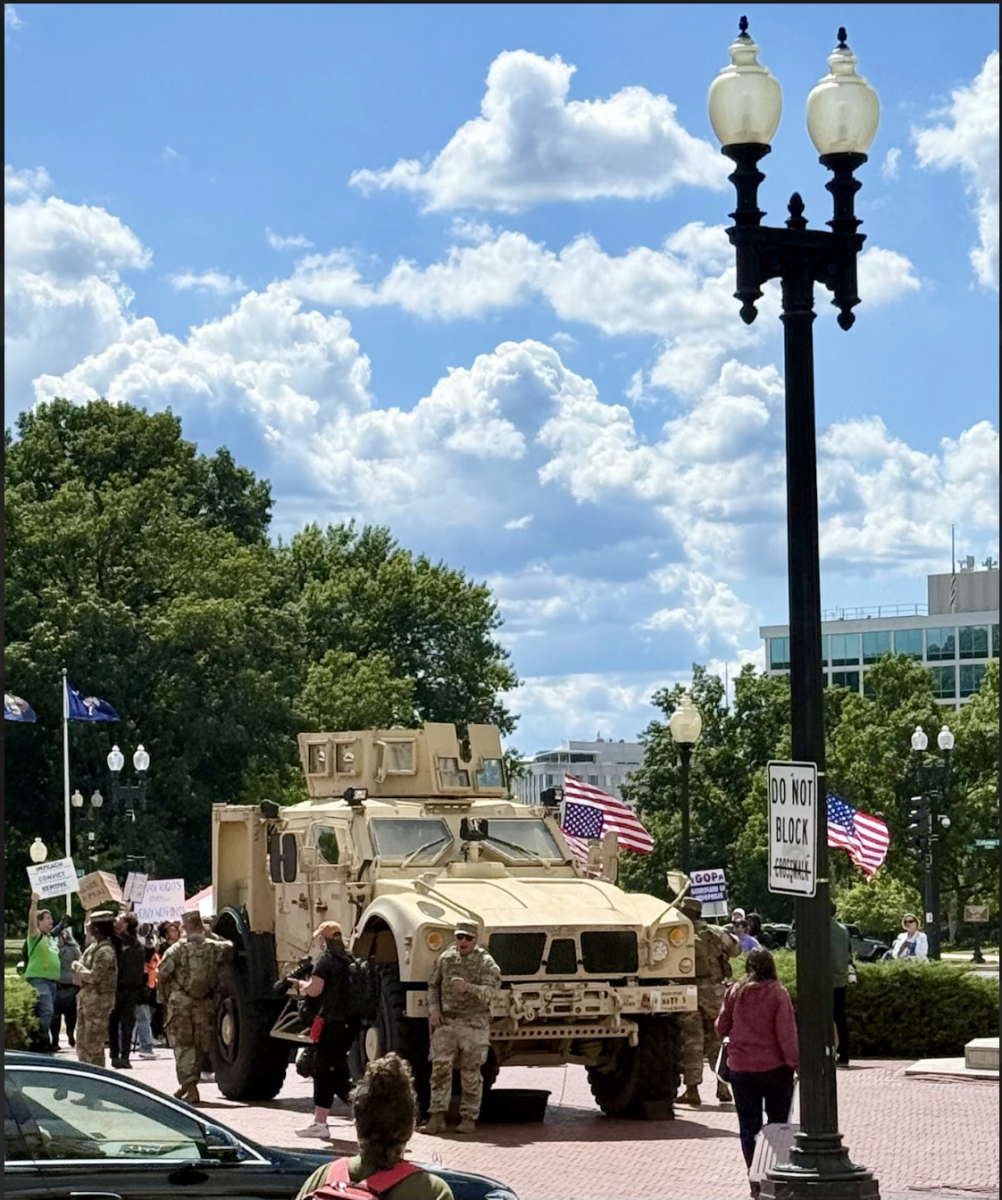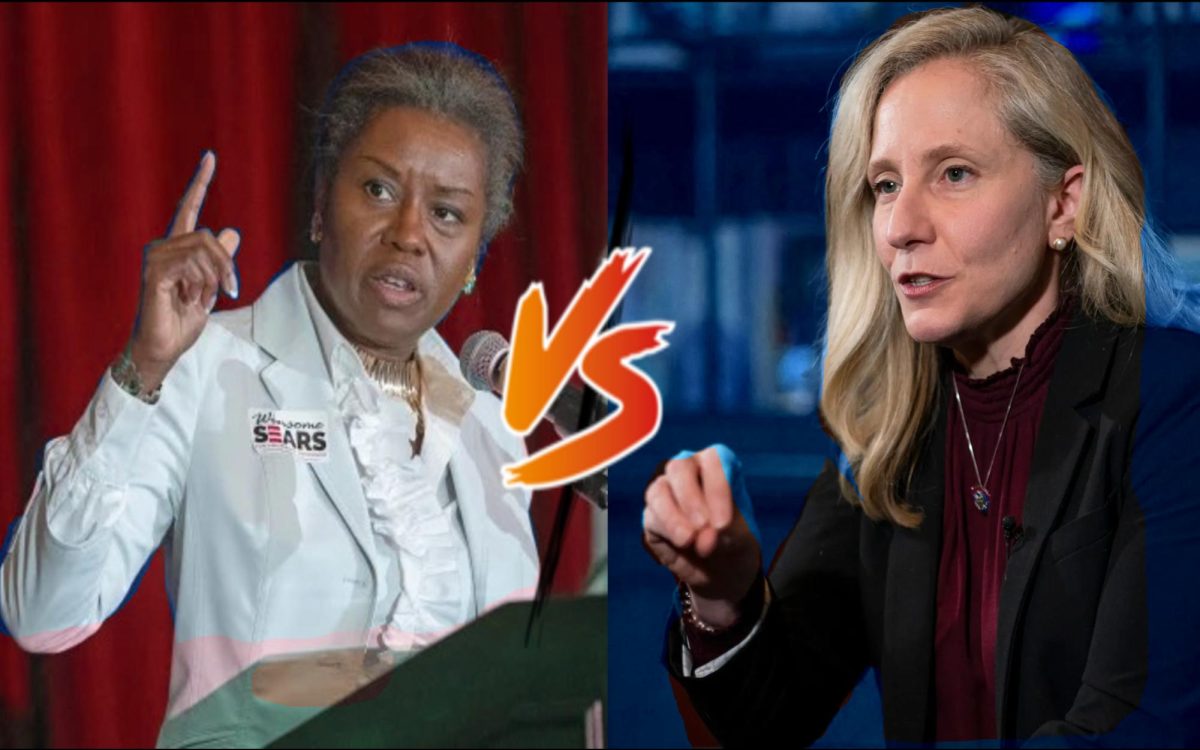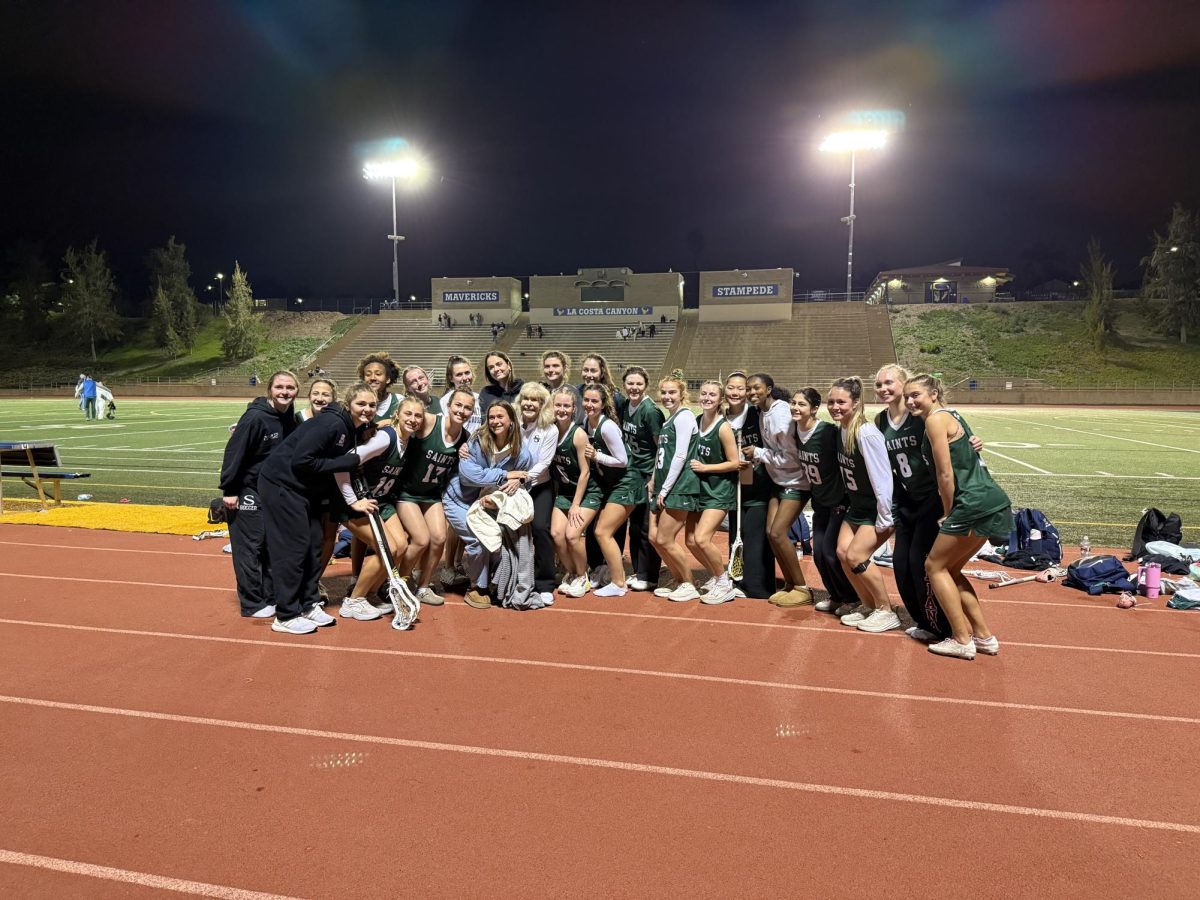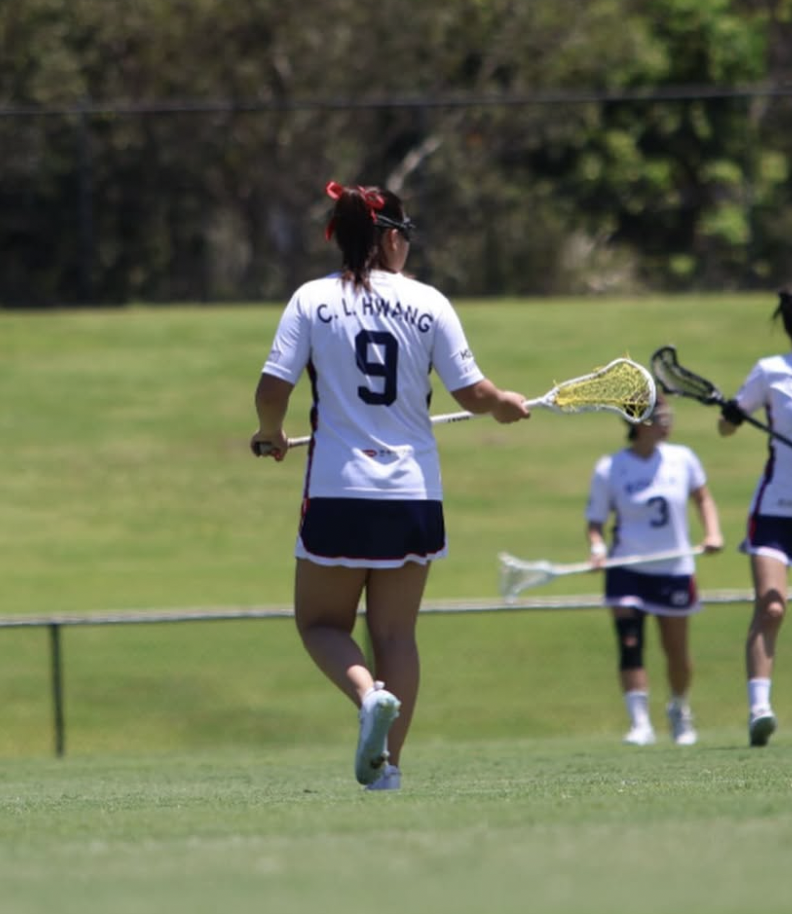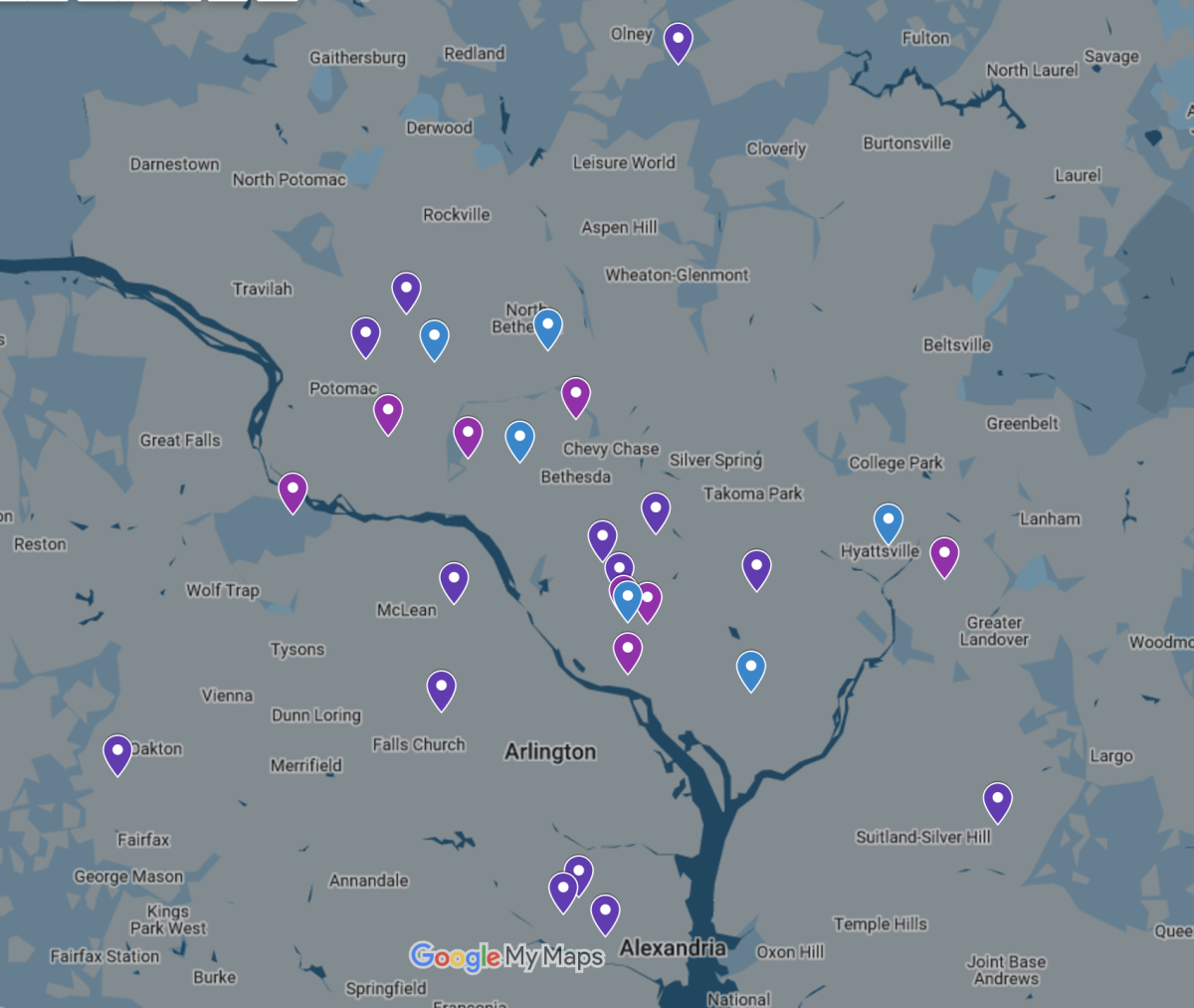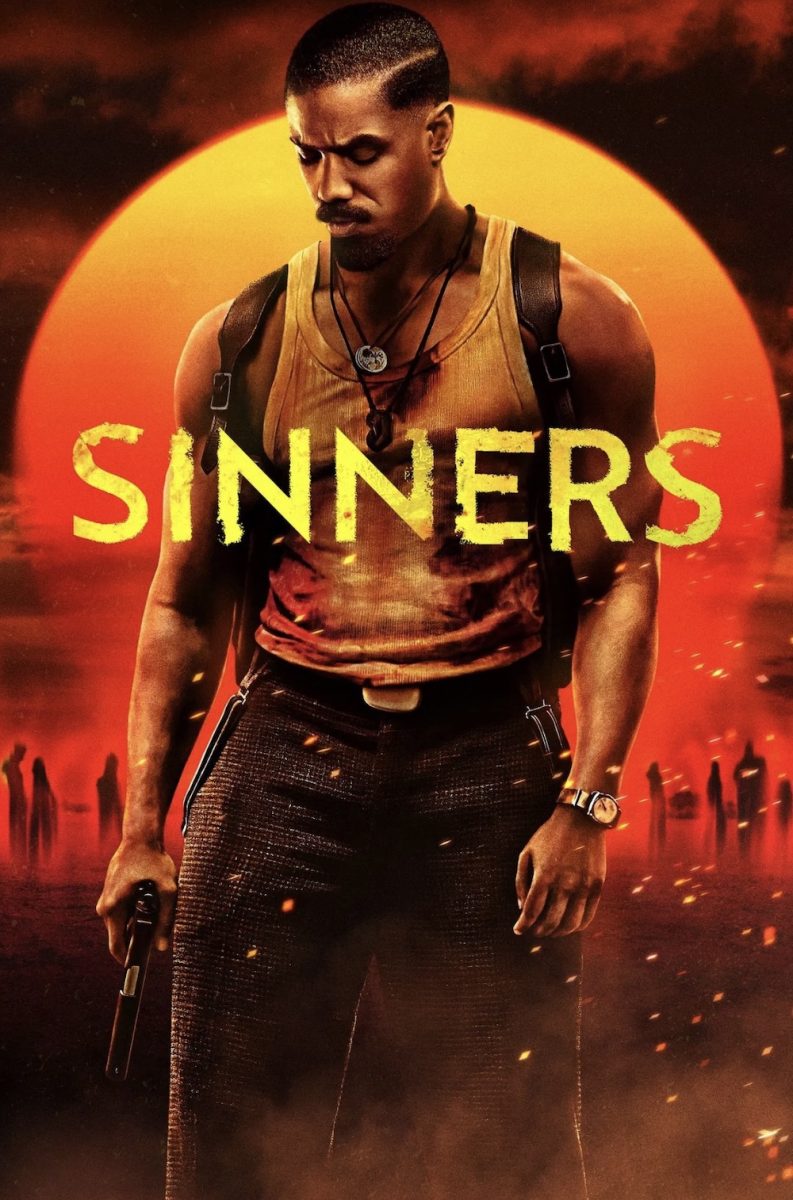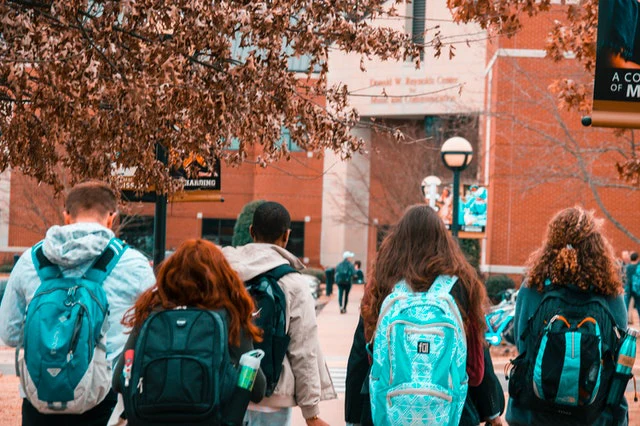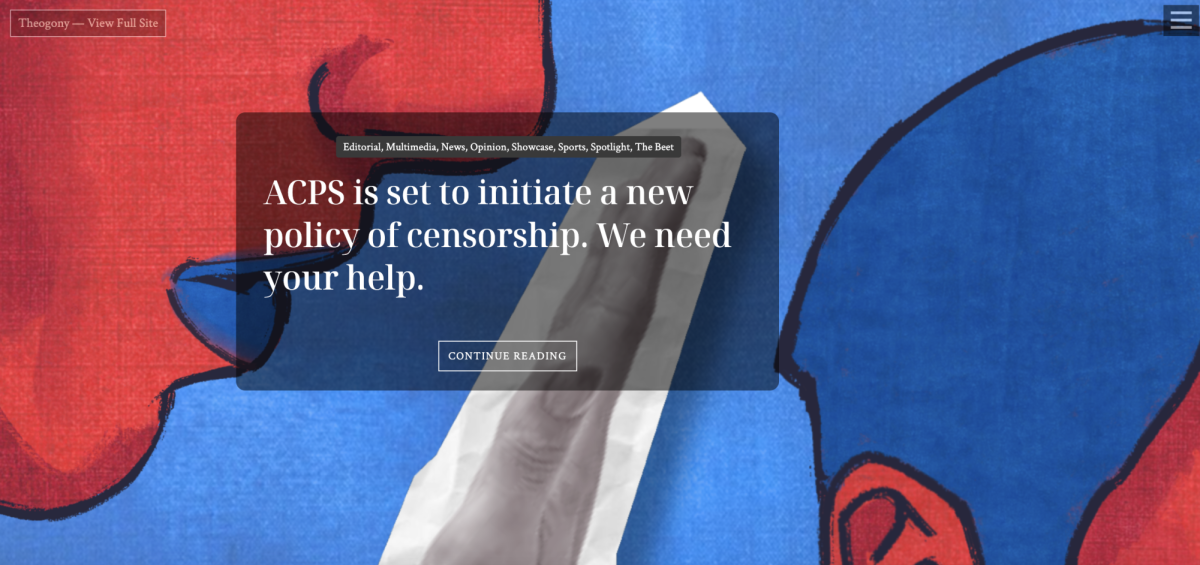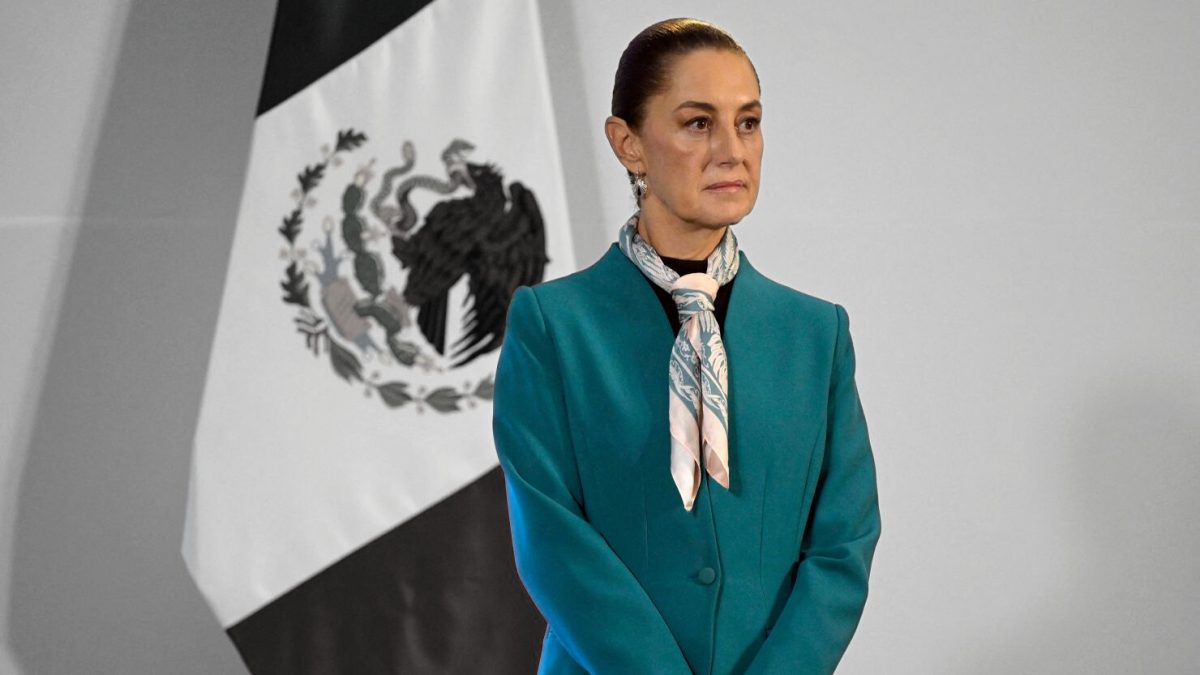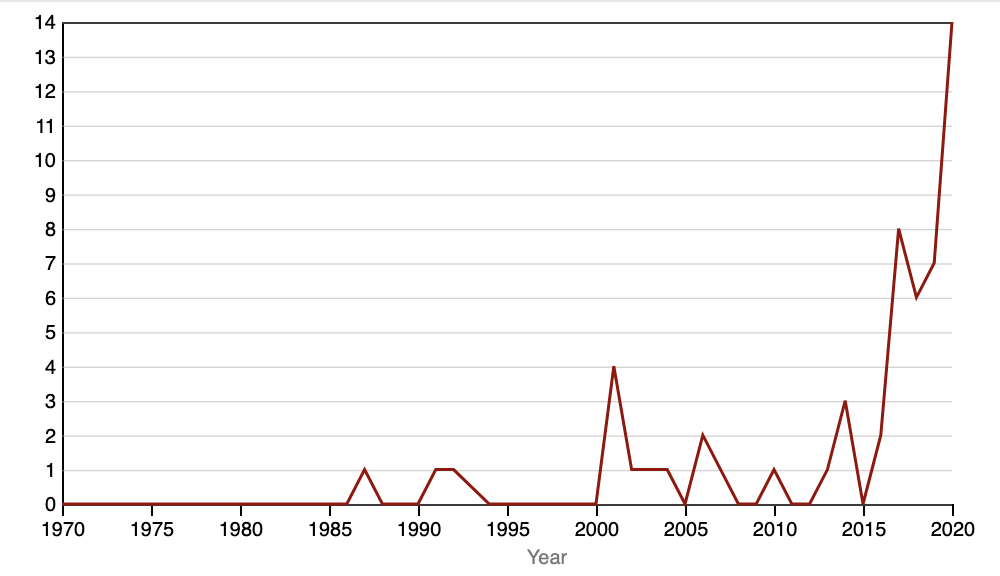On April 30th, the Alexandria Times reported that the Alexandria City Public School administration and school board planned to censor the ACHS student newspaper, Theogony, due to coverage of topics deemed controversial. These included articles covering transportation between campuses, transgender rights, and coverage of the High School Project.
Some of the proposed changes from the school board include allowing the district to censor any article they wish, students no longer owning the work they create, punishment for students for working for other news organizations, and overall stripping students of their First Amendment rights.
After a school board meeting on May 8, the topic has been indefinitely postponed for further deliberations. School board member Ashley Simpson Baird announced that “what we decided, and I talked to my committee members about this, is that we’re going to keep it in committee for a while longer and continue to work on it, and we’ll bring it to the full Board when we feel like it’s more ready.”
The staff of Theogony, along with the staff of other ACHS publications, came together to propose a new policy for the school board to adopt, “Voices Unbound.” This proposal protects the students’ First Amendment rights and ensures that the students keep editorial control over the paper, and establishes protections for faculty advisors and students.
A student newspaper is not an admissions advertisement for the school; it is made by the students, for the students. The newspaper’s job is not to make the school look better, but to reflect the student experience and report upon issues that affect students everywhere.
We were able to interview two staff members of Theogony: Senior co-editor and chief James Libresco and Sophomore staff writer and incoming news editor Isabel Shultz.
“Honestly, it’s just been really chaotic,” Shultz stated when asked about the state of the newsroom. “Every day we’ll walk in, and either we are working on our articles or we’re working on how to fight this mess. We haven’t been able to focus on the coverage we really want to as much.”
“We’ve really had to stop our duties as journalists and switch to self-advocacy,” Libresco added.
When asked if they had anything they wanted to make sure everyone knew, Libresco said this:
“I want to make sure that everyone is aware that ACPS has the opportunity to provide us with First Amendment rights, but they’re actively choosing not to if they decide not to adopt our policy, “Voices Unbound.” Both the current policy and the new proposals revoke First Amendment rights for students. They don’t have to do that, but they’re deciding to.”
Along with this message, the staff reflected on the wider themes of press censorship that have been emerging in the country. When asked if they saw this as a part of a trend of freedom of the press being attacked at a national level, Shultz had this to say:
“I would say it’s quite an interesting coincidence that this stuff is arising right now. We’ve been under censorship threats for about three years now, but it has really picked up recently. I think it echoes how much more important press freedom and freedom of information are because we are seeing all these things being shut down. Our reporting has just been facts about our school district that, while it may not shed them in the best light, it tells the truth.”
Libresco added that “It’s extremely worrying that this is taking place twenty minutes away from the White House where we see similar attacks on the free press, and in Alexandria which is supposed to be a progressive city that fights for individual rights. Right now, we’re seeing the opposite.”
When The Voice reached out to the ACPS PR team about this article, they declined to comment, stating “Thank you for your inquiry. As this is a draft policy, ACPS will not providing a statement on this matter at this time.”
While the ACPS School Board may not reflect the values of the city, it’s clear that the community does.
Libresco stated, “From ACPS parents, to people with no children, to people who are retired, there was a wide range of people who came to support us [at the school board meeting]. Almost the entire city council has endorsed our plan, the mayor has endorsed it, the Student Press Law Center has, the Nationalistic Press Association has, the Journalism is Education Association, The Foundation for Individual Rights and Expression, and The Virginia Capitol Correspondents Association. There are tons of groups that are experts that are telling the school board, ‘We really think you should do this,’ and they’re the only ones saying, ‘Well, maybe we shouldn’t.’ We’re not just complaining. I think that something that might be getting lost is that last year, for example, we wrote 107 stories, and 97 of them were completely positive about the school district, the other 10 highlighted problems. We’re not only complaining, genuinely, there’s barely any of that, but it seems like anything is too much for them.”
Looking ahead to the future of fighting these policies, Libresco expressed:
“We’re continuing our conversations with school board leadership to try and get them to adopt our ‘Voices Unbound’ policy. And we want to be clear that reverting to the current policy is not enough. The fact that these changes were proposed in the first place shows that there’s a clear intent from the school district to suppress information, and if we go back to the current policy, they could easily change their interpretation of it and censor everything we do.”
In a Voice exclusive, Libresco revealed that they will be hosting a webinar on student press freedom with The Society for Professional Journalists, the leading Journalism network in the country, in the first week of June.
“We’re working with national media figures, people at like NPR, I don’t want to put their names out there yet, but there’s some big figures involved.”
Student journalism allows students to learn the importance of investigative, honest reporting covering various topics. If an article is critical of the school administration and not libelous, then it should be published. The purpose of a school newspaper is to teach students that they shouldn’t shy away from difficult or controversial topics, but instead to dive into the reality of what is happening and report truthfully.
At SSSAS, we value the autonomy and authenticity of our paper because we believe that the true voice of the students is much more valuable and important than a censored and regulated publication.
It’s important that everyone stands up in defense of free, honest, and independent student journalism. Investigative reporting is the bedrock of a free and democratic society. How a school administration approaches its student newspaper is representative of what kind of school it is trying to run: one where the voice of the students is not repressed or shied away from, but valued, listened to, and honest.
We implore you to visit the Theogony website, where a document is linked that outlines steps you can take to help Theogony in its fight against censorship. Censorship of the press is a hallmark of any authoritarian regime, and it is our job as democratic citizens to combat this kind of oppression on both local and national levels.
Theogony gets its very name from an epic poem by the Ancient Greek Hesiod, a work which has survived thousands of years despite threats of destruction. In Hesiod’s own words on the dangers of injustice and slander: “And there is virgin Justice, the daughter of Zeus, who is honoured and reverenced among the gods who dwell on Olympus, and whenever anyone hurts her with lying slander, she sits beside her father, Zeus the son of Cronos, and tells him of men’s wicked heart, until the people pay for the mad folly of their princes who, evilly minded, pervert judgement and give sentence crookedly.” We can follow in Hesiod’s example, in what his poem symbolizes for the importance of free speech, and how Theogony continues the fight against those who target the freedom of journalism.
